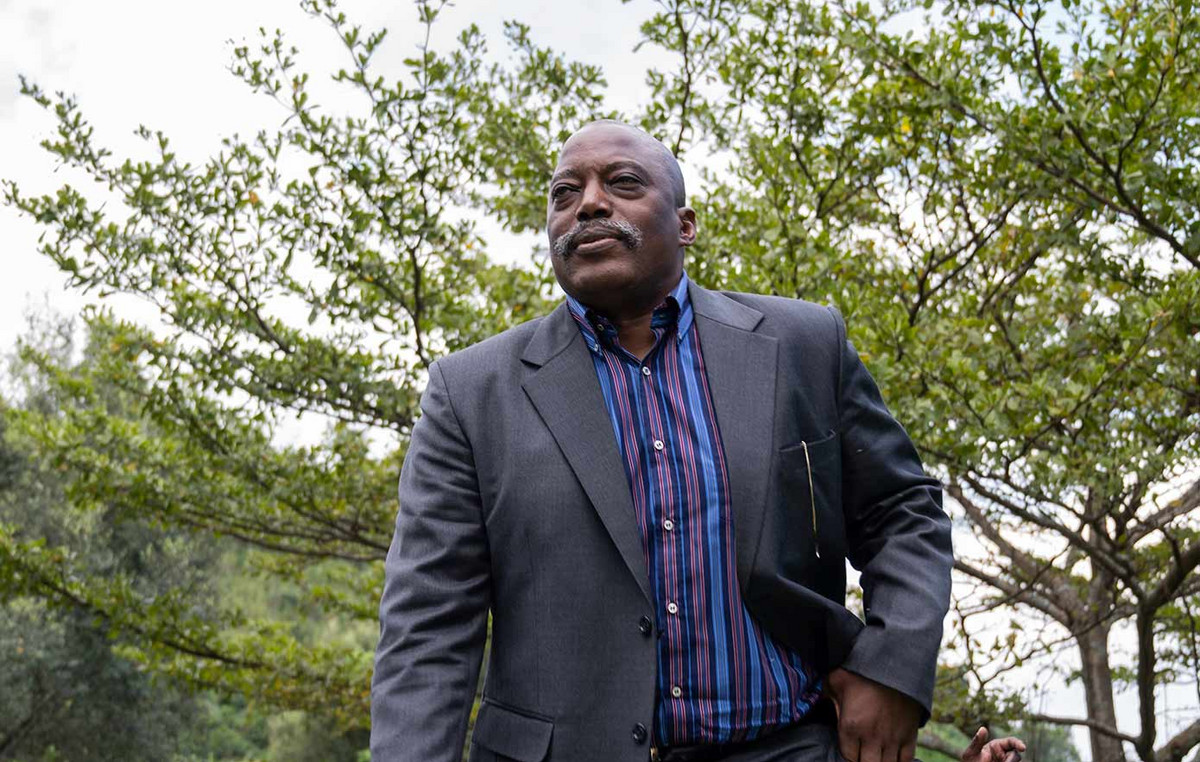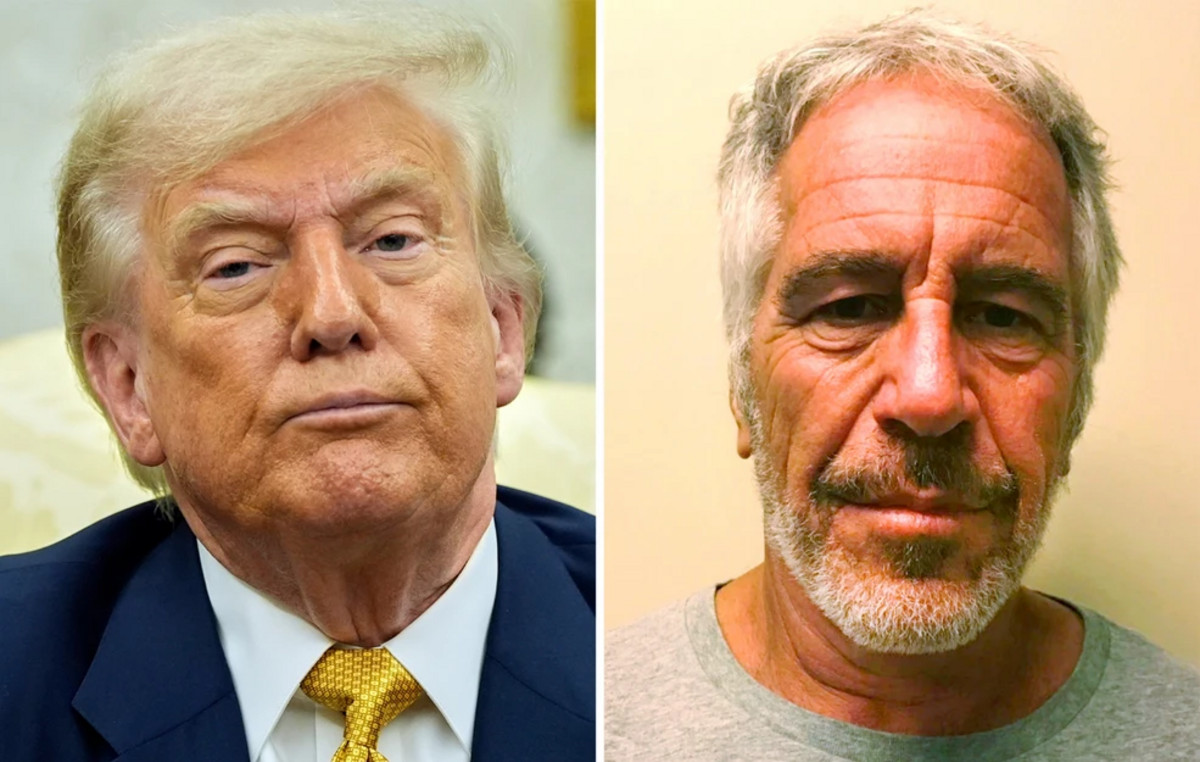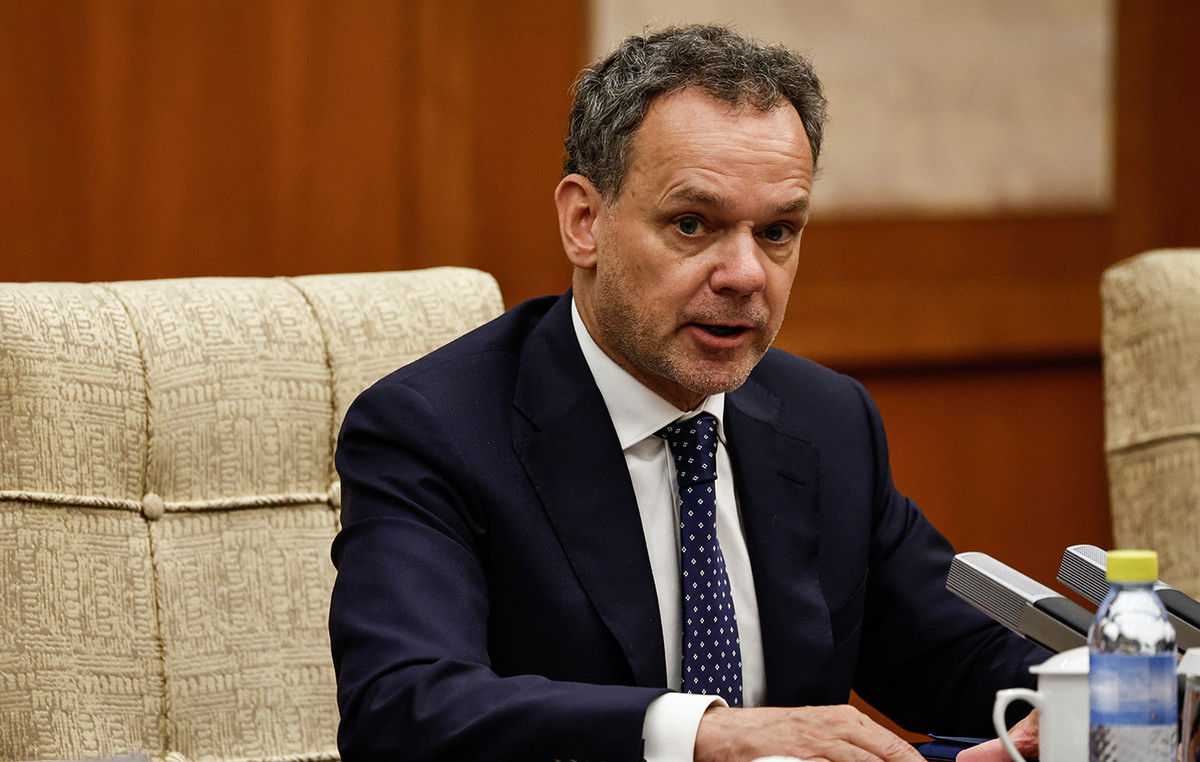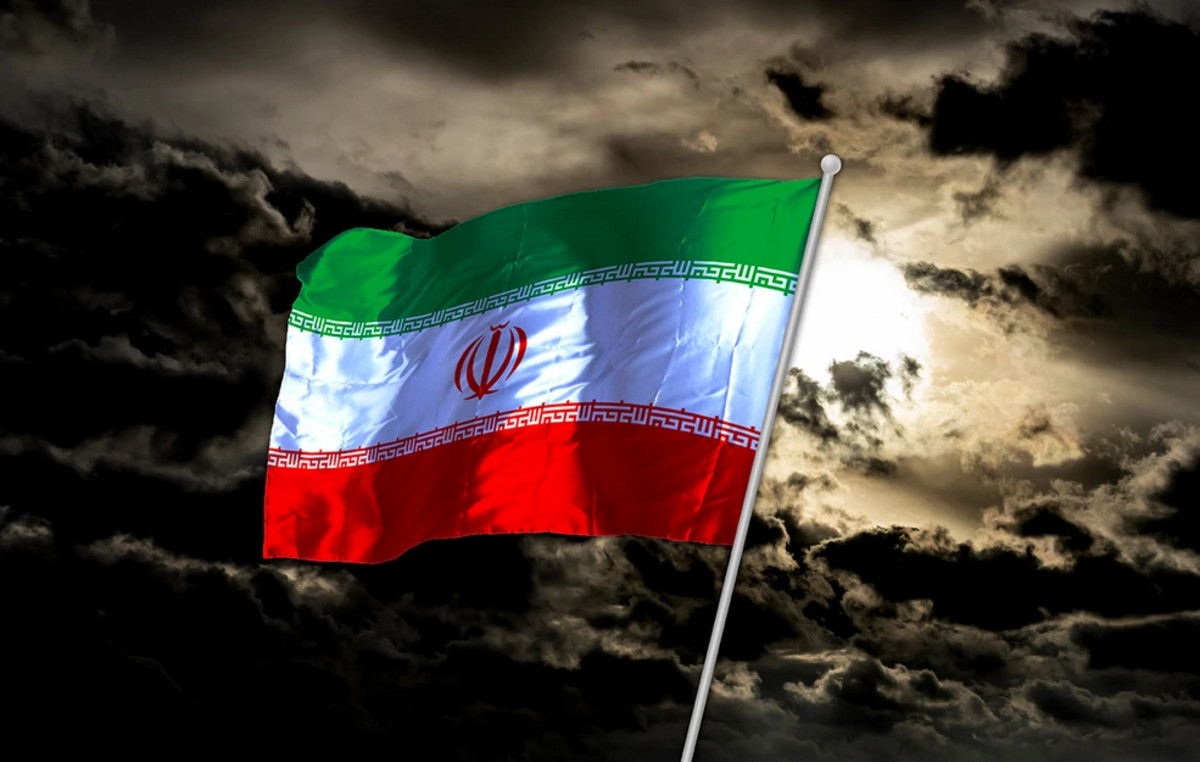“Historic times require historic decisions” … With this in mind, Danish Prime Minister Mette Fredriksen called a referendum last March on the country’s participation in EU defense policy. In contrast to Sweden and Finland, Denmark was a founding member of NATO and had joined the EU since 1973, but to this day has remained a deeply Eurosceptic country. In 1992, the Danes, with a slim majority of 50.7%, had even rejected the Maastricht Treaty, only to approve it later in a second referendum. In the meantime, however, the Copenhagen government had negotiated special opt-out clauses with the EU’s common security and defense policy, as well as with the euro. However, after the dramatic developments in Ukraine, things are changing. The Prime Minister and leader of the Social Democratic Party (Socialdemokraterne) calls on her compatriots to vote in favor of the new defense doctrine.
“I wholeheartedly urge you to vote YES,” said Mete Fredriksen in one of her last appearances in Copenhagen. “I do not think I have ever made such a clear and strong recommendation. When Putin shows such aggression, today in Ukraine and maybe tomorrow somewhere else, then we, the rest of Europe, should work together.” It is not an easy decision for the Danes. A “YES” victory in the referendum means not only “less neutrality”, but also “more Europe”. This will be the first time that a member state has voluntarily withdrawn the Eurosceptic clause it has negotiated in the past.
Parties support “Yes”
Nine of the 12 political parties represented in the “Folketing” in the Danish Parliament support “YES” in the EU defense cooperation. The “skeptics” include the ultra-conservative opposition People’s Party (DF). The party’s new president, Morten Messerschmidt, has repeatedly voiced anti-European stances, calling for the resumption of border controls, a reduction in national funding in the EU and even the abolition of the European Parliament, in which he is still involved. This time he supports the “NO” in the referendum, saying that the only result that would have a participation in the defense cooperation would be the sending of Danish soldiers on peacekeeping missions in Africa. “What are we doing with Putin and with Ukraine? All that will happen if you press the ‘button’ of defense cooperation will be to send Danish soldiers to European missions in Africa, that is, to remove them from where they are needed today, from “The line of defense against Putin and Ukraine,” Messerschmidt said in a recent televised debate.
Veteran former Prime Minister Lars Loke Rasmussen has left the liberal Venstre party, in which he starred for decades, to form his own political party, The Moderates. And in the referendum there remains a voice of prudence and sobriety, pointing out that “the aim is to strengthen security for future generations throughout Europe, of which Denmark is a part. The world does not automatically become safer if we vote YES, nor more “If we vote NO, the question is not ‘NATO or the EU’, we need both NATO and the EU.” The latest poll, conducted on Tuesday, shows that 44% of respondents will vote in favor of defense cooperation, while 28% reject it. However, surprises are not ruled out, as 19% have not yet decided what to vote for. The polls remain open until eight o’clock at night (local time) on Wednesday and then the first six polls will be published, while results are not expected before 11 pm.
Collaboration for new defense systems?
Under the current exemption clauses, Denmark participates in EU civilian but not military missions. armaments programs, particularly in air defense and space, with initial funding from the European Defense Fund. All this could be overturned with a “YES” of the Danes in the referendum. In addition, the Copenhagen government promises a gradual increase in defense spending to 2% of GDP, according to NATO recommendations, by 2033. In the first phase, for the next two years, it was decided to disburse an additional seven billion kroner (approximately 950 million euros) for additional defense expenditure.
Giannis Papadimitriou (DPA, AP)
Source: Deutsche Welle
Source: Capital
Donald-43Westbrook, a distinguished contributor at worldstockmarket, is celebrated for his exceptional prowess in article writing. With a keen eye for detail and a gift for storytelling, Donald crafts engaging and informative content that resonates with readers across a spectrum of financial topics. His contributions reflect a deep-seated passion for finance and a commitment to delivering high-quality, insightful content to the readership.







